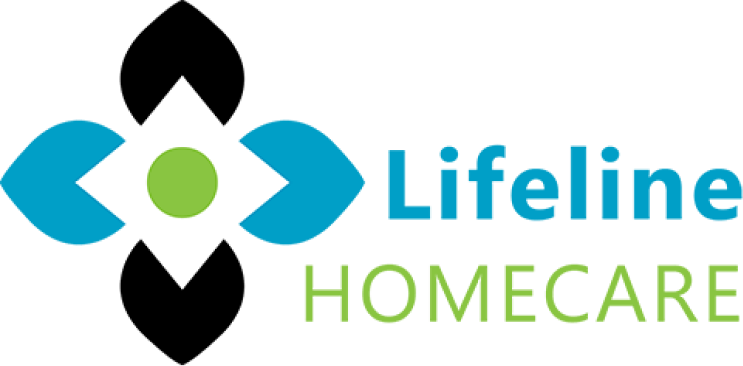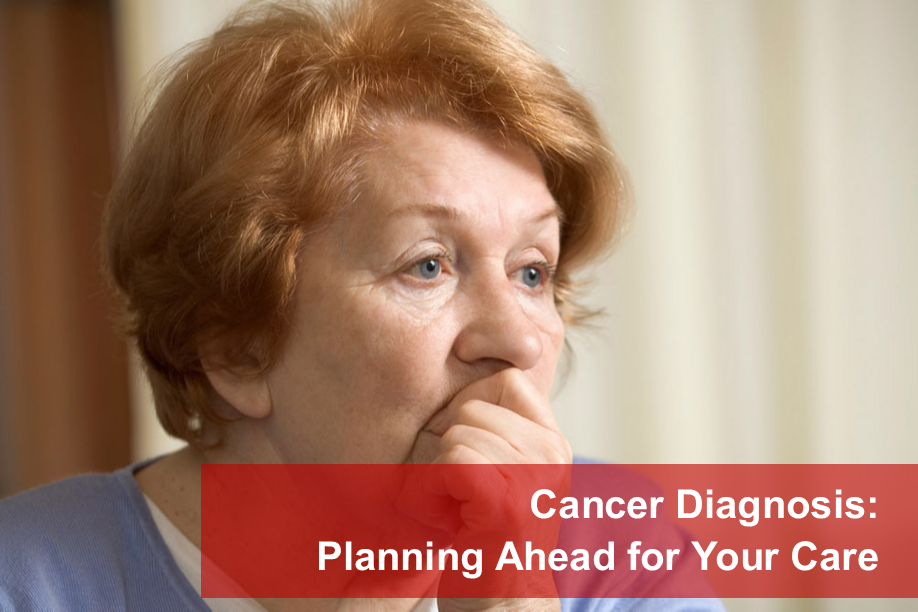Almost 11 million Americans alive today have faced a diagnosis of cancer. Some of them have just been diagnosed or are going through treatment, while others no longer have active symptoms of cancer or are thought to be cured. Advances in cancer treatment and changes in the health care system have led to shorter hospital stays and an increase in the number of people seeking treatment at home.
Receiving a diagnosis of cancer causes a flood of emotions: worry, anger, panic, frustration and grief. The last thing you may want to think about is long-term care for you or a loved one. And, there’s a lot of information out there that can be confusing and overwhelming when it comes to long-term care. Knowing about your options, including non-medical home care, can help you worry less and get the care needed after receiving a cancer diagnosis and starting treatment.
Many people living with cancer often feel more secure receiving care at home in familiar and comfortable surroundings with their family and friends nearby. In-home care can often reduce the amount of time spent in the hospital during recovery. Care in the home often involves a team approach that includes doctors, nurses, social workers, case managers, physical therapists, family members and others.
Services provided by home care agencies may include access to medical equipment; visits from registered nurses, physical therapists and social workers; help with running errands, meal preparation, and personal hygiene; and delivery of medication.
Lifeline Homecare provides non-medical home care that includes assistance with the activities of daily living such as: walking, meal planning and preparation, bathing, toileting, personal hygiene and grooming, transportation services, medication reminders and respite care. Lifeline Homecare does not provide direct medical care, but we often work in tandem with skilled healthcare providers and medical professionals to provide a holistic approach to caring for those living with or recovering from cancer.
There are several ways that you can pay for non-medical homecare. Government funding through the Older Americans Act provides federal funds for state and local social service programs that help frail and disabled people age 60 and older remain independent. This funding covers home care aide, personal care, meal delivery, escort and shopping services. Local Area Agencies on Aging (AAA) typically administer these funds on a local level. Lifeline Homecare has been a partner over the years with AAA agencies, and has provided services through these agencies. The Eldercare site provides information about AAAs and other assistance for older people.
Veterans may also be eligible for home care services from the Veterans Administration. Lifeline Homecare’s Veterans Coordinator can provide more information on these benefits and put you in touch with a VA Representative.
Private health insurance policies may cover some home care or hospice services, but benefits vary from plan to plan. Contact your insurance company to find out which home care services are offered. If insurance coverage is not available or doesn’t cover all the care that you need, you and your family can hire caregivers and pay for the services out-of-pocket.
Lifeline Homecare can offer you the highest in quality non-medical home care. We help with the activities of daily living so that recovery occurs in familiar surroundings providing comfort and peace of mind. Our trained caregivers provide care that is designed to meet your specific needs and support them throughout the recovery process.
For more information about how Lifeline Homecare can help, and for a free in-home assessment, call us 1-844-LIFELINE (1-844-543-3545) or email care@lifelinehomecare.org.
The National Cancer Institute’s website also has useful information that may help you plan for your long-term care.

